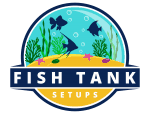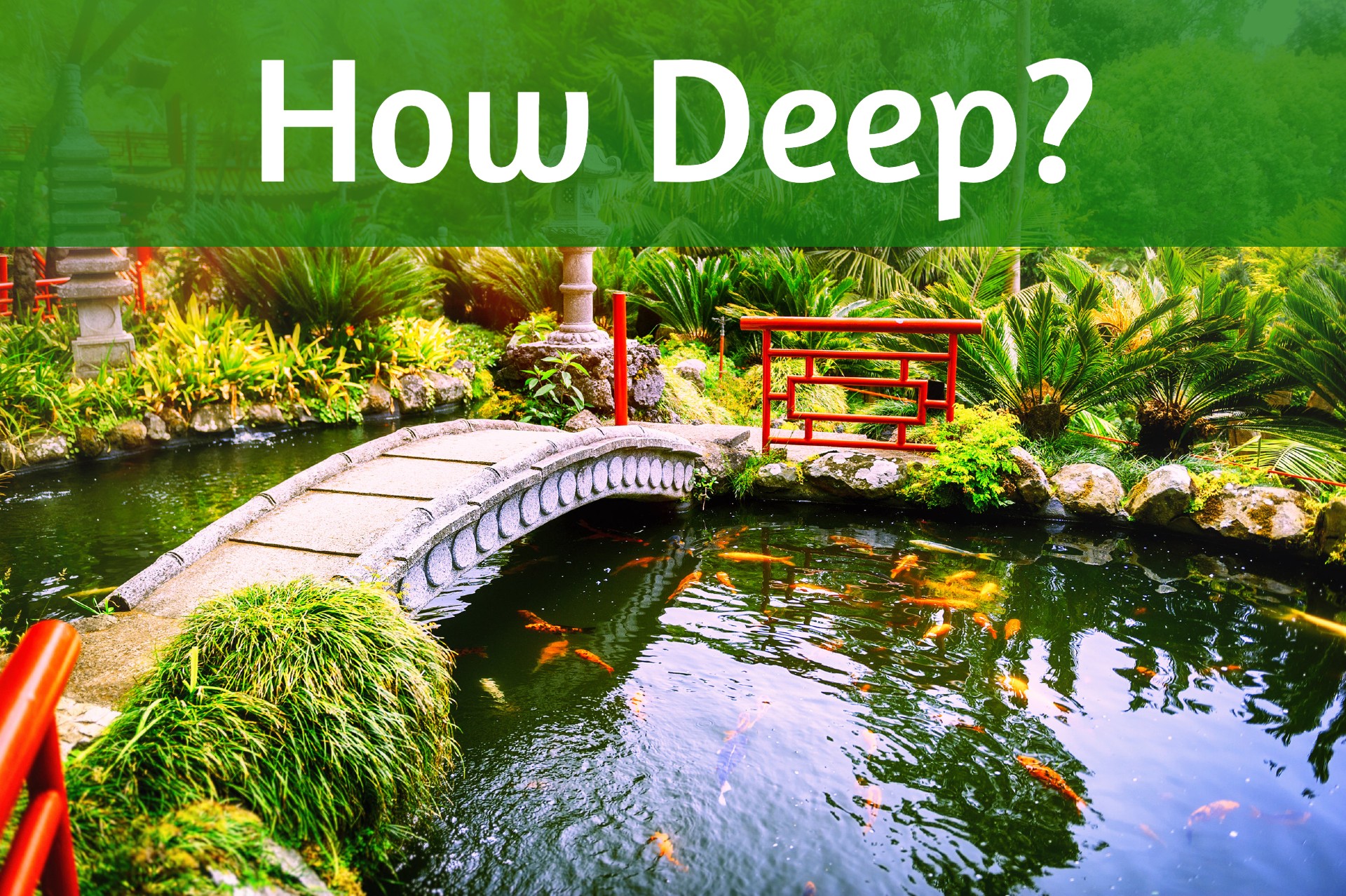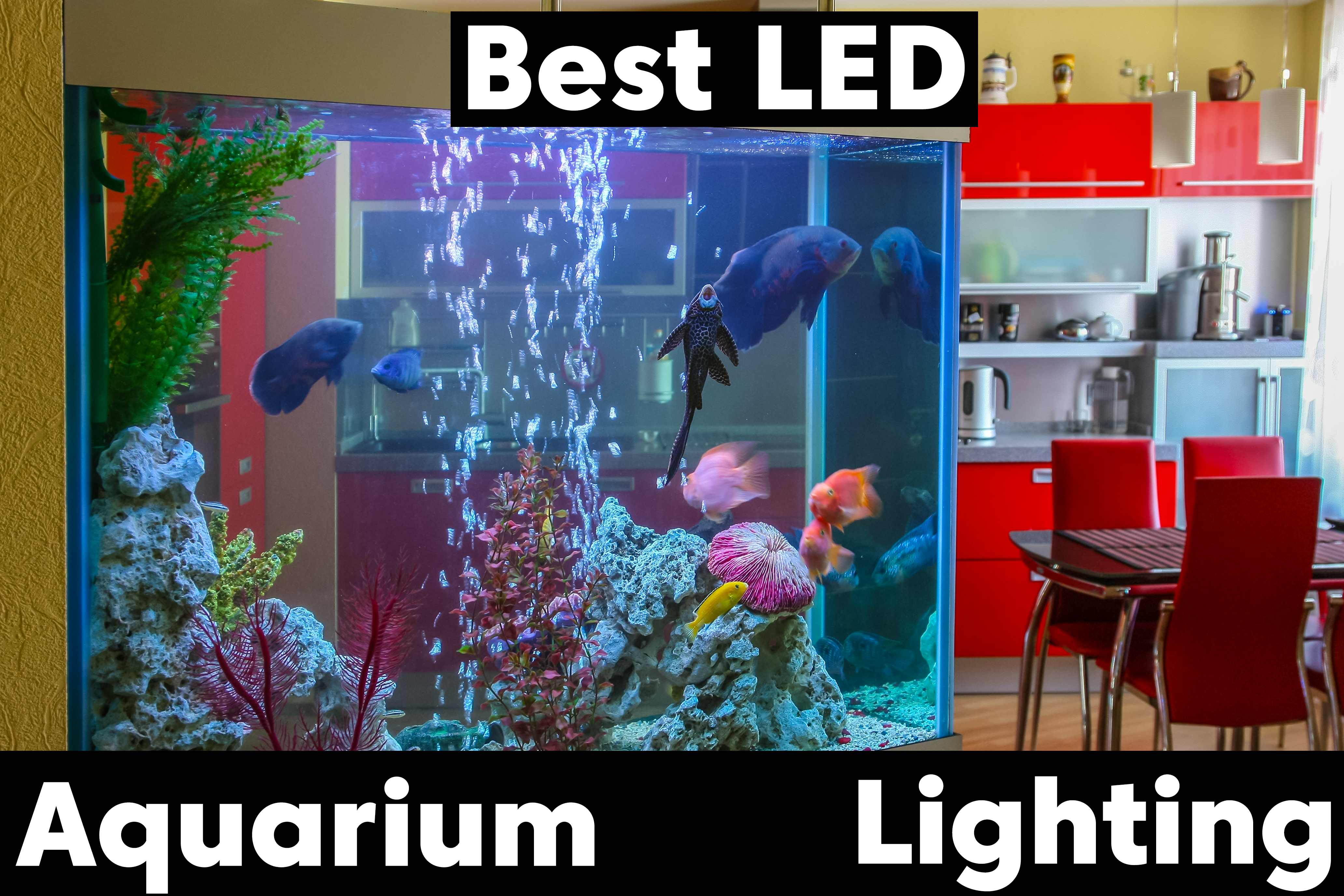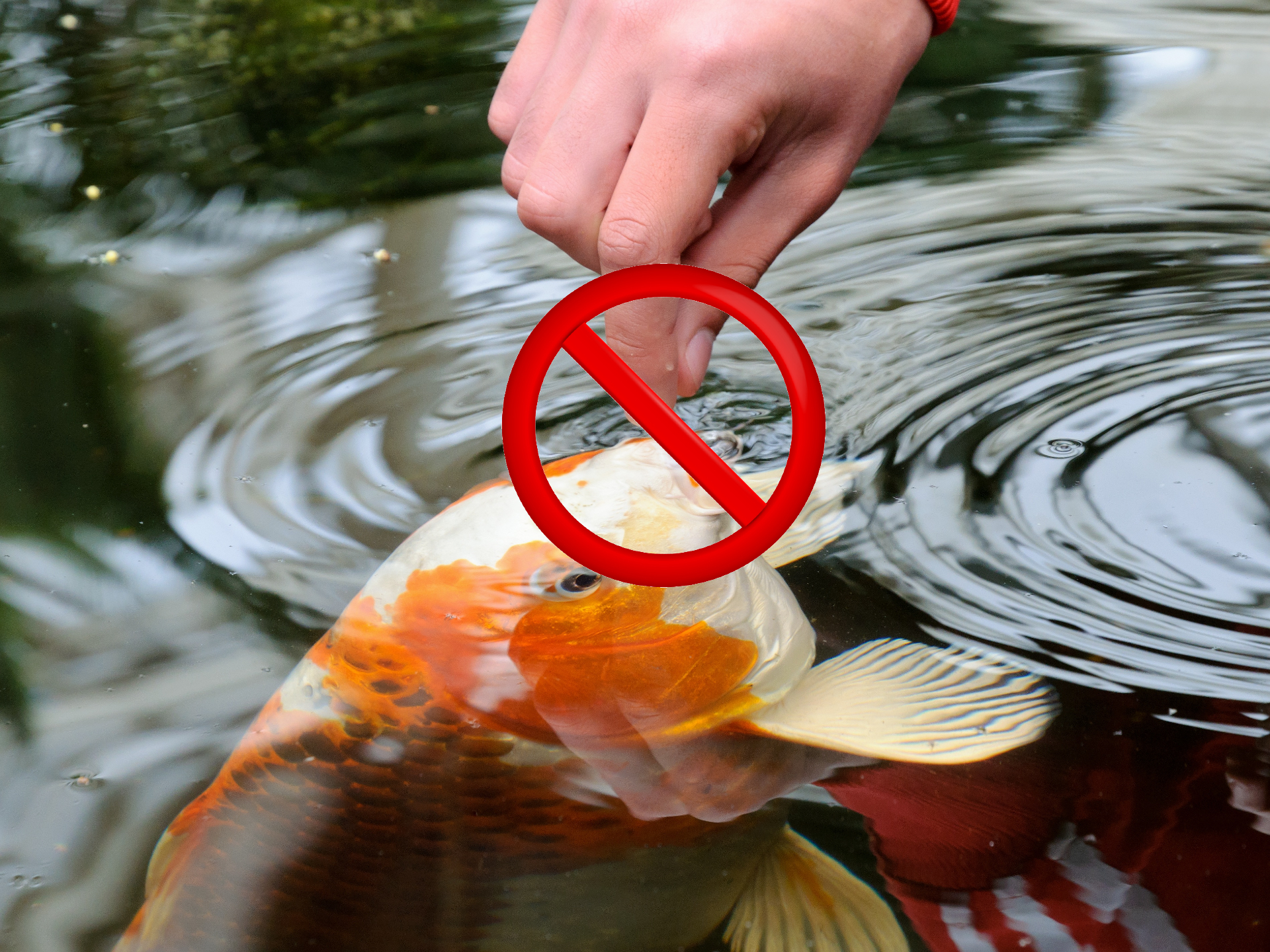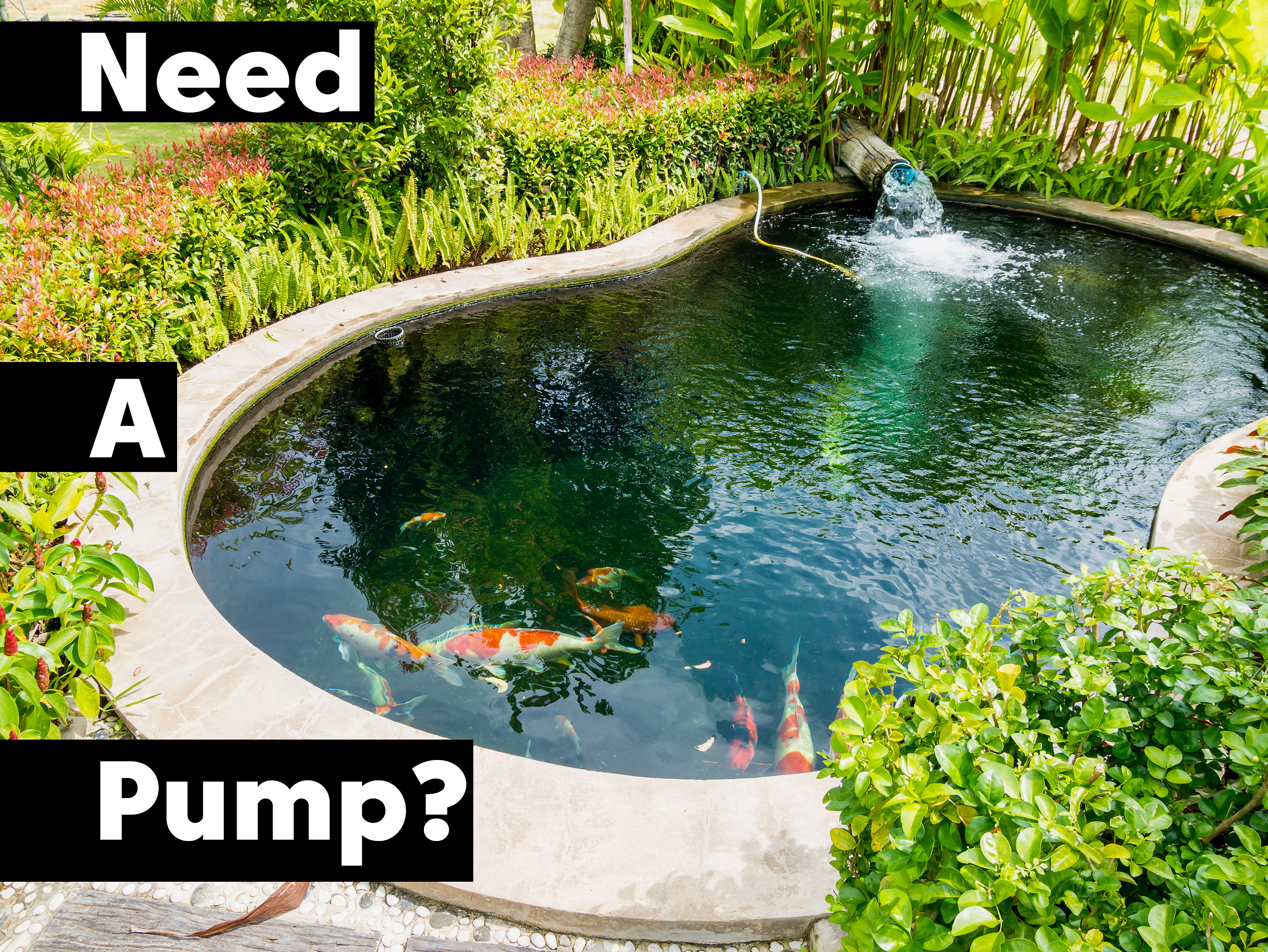Backyard ponds are an excellent addition to your home’s landscaping and adding fish to your pond makes it even better. But how deep does your pond need to be to safely house fish?
Generally, a fish pond needs to be at least two feet deep, depending on the type of fish inside of it. Larger fish will need more room to grow. Another factor that impacts the necessary depth is fish in the local region’s climate. Colder temperatures necessitate deeper ponds.
A lot more goes into planning a fish pond than just filling a hole with water and adding fish. Factors such as climate, species, gestation rate, and size determine exactly how deep your fish pond should be. Keep reading to learn about each of these factors and find out how deep to dig your fish pond.
Depth by Species
All species of fish require slightly different care and living conditions. Below you will find the depth needed for the most common outdoor pond fish species (Koi, Goldfish, and Guppies) and how to care for them outside. If you choose to put any other species in your fish pond be sure to research their specific needs.
| Fish | Depth | Minimum Gallon (per fish) |
| Koi | 3 ft | 240 |
| Goldfish | 2 ft | 20 |
| Guppy | 1 – 2 ft | 1 |
Another thing to keep in mind as you read is what all will go into your fish pond. Although one fish breed will only need a two feet deep pond, this only includes swimming depth. Add additional depth to the measurement to account for substrate and aquatic plants.
Koi
The Koi species, a colorful descendant of carp, originated in Japan and have become a staple for oriental restaurants and decorative outdoor ponds. As relatives to the carp, koi fish are a hardy breed of fish capable of surviving in colder, more rugged environments.
Koi, although a hardy breed of fish, require more care and attention to the structure of their outdoor ponds.
Because Koi fish grow to be at least two or three feet long each, their pond will need to be a bit deeper than the standard two feet deep. The minimum depth for a koi pond is three feet.
With a pond three feet deep, how big should the overall size of your pond be?
Koi fish can live as long as 20 to 30 years. With such a long life span, these fish get plenty of time to grow. Because of their long life and big size, a pond with only four Koi fish requires a minimum of 1,000 gallons of water.
In order to get 1,000 gallons of water at a three-foot depth, your Koi pond will need to be at least six feet wide by eight feet long.
For each additional fish add at least 250 gallons of water to the pond by increasing the length, width, and depth.
Goldfish
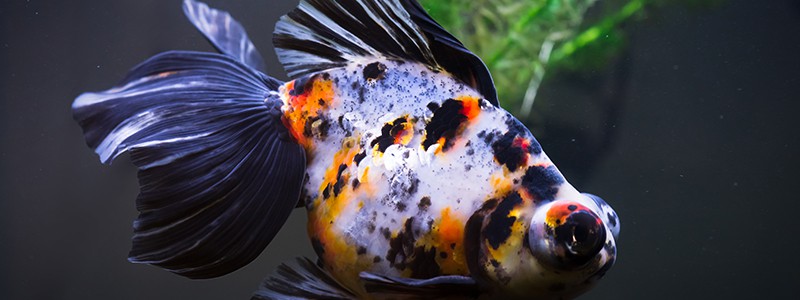
Goldfish are a similar fish species to the Koi fish. With a shard shape and coloring, the two species’ only real difference is size. Due to the smaller size of goldfish, you can fit more fish into a smaller, shallower pond.
Rather than the 240 gallons of water per fish needed for the koi pond, goldfish only require about 20 gallons each. With this in mind, the smallest an outdoor goldfish pond should be is 500 gallons with a minimum depth of only two feet!
At a two-foot depth, your goldfish pond only needs to be six-foot-long by five and a half feet wide.
This smaller size allows you more flexibility as to where you will build your fish pond.
Guppies
Guppies are one of the smallest fish breeds and are typically kept indoors in small tanks; however, many are branching out from ordinary aquariums to outdoor guppy ponds.
Because guppies are such small, nonterritorial fish they do not require very much space at all. A guppy pond need only be one or two feet deep.
Although one foot is easier, a two-foot depth helps keep the water from heating up or cooling down too much and harming the guppies.
To make matters even easier, each guppy only needs one gallon of water. In a three feet long, two feet wide pond with a depth of two feet, you could accommodate nearly 90 guppies!
Want to learn more about guppy ponds? Read this article to find out if Guppies can REALLY Survive in an Outdoor Pond.
Depth by Climate

Although each species has a general depth that should be adhered to, the actual depth of your fish pond should depend on your region’s climate.
Koi and goldfish are some of the tougher domestic fish breeds. Although these breeds can both withstand some colder temperatures, when it drops below freezing they both will seek shelter.
Luckily, you do not need to provide your koi or goldfish with a water heater; however, they will need a deeper pond.
Both breeds are able to hibernate through the colder months. To do so, they only need a foot of unfrozen water at the bottom of their pond. If you live in a region that gets cold enough to freeze a two-foot pond solid, add an extra foot or two to stop it from freezing through.
As for smaller fish like guppies, they require much warmer temperatures all year round. Either install a water heater in their pond for the winter months or plan to bring them inside until the temperature rises.
Since colder weather means deeper ponds, you may be inclined to think that warmer weather allows for shallower ponds. Although this could make sense, it just simply is not true.
If you live in an area that is above freezing all year long stick to the standard two to three feet deep. Keeping that depth helps regulate the water temperature and protects the fish from overheating.

Digging a Fish Pond Deep Enough
Before you jump in and start digging your fish pond, be sure to call 811 (or your local utility company) to locate any existing pipes or wiring that could be in your yard.
Once you have a safe area of your yard selected, all you need is a Pond Kit. These can be purchased online, at a pet/aquarium store, or even at your local hardware store.
Follow the instructions on the kit (and for your fish’s needs as we described above) but don’t be afraid to get creative with your fish pond design!
Related Topics
If you like the article above, here are some other similar articles you should check out!
Can pond fish survive without feeding?
